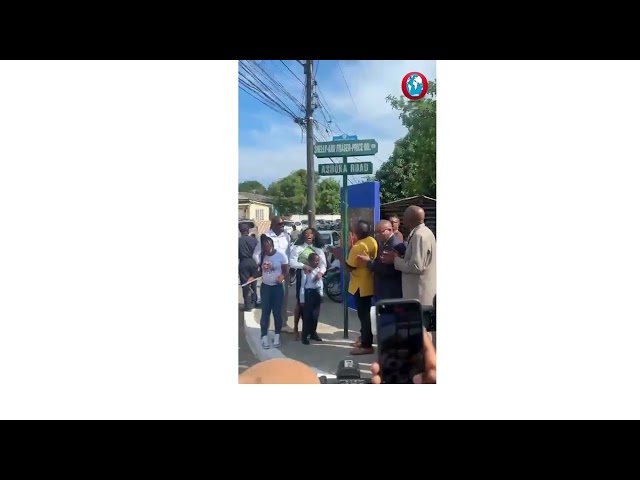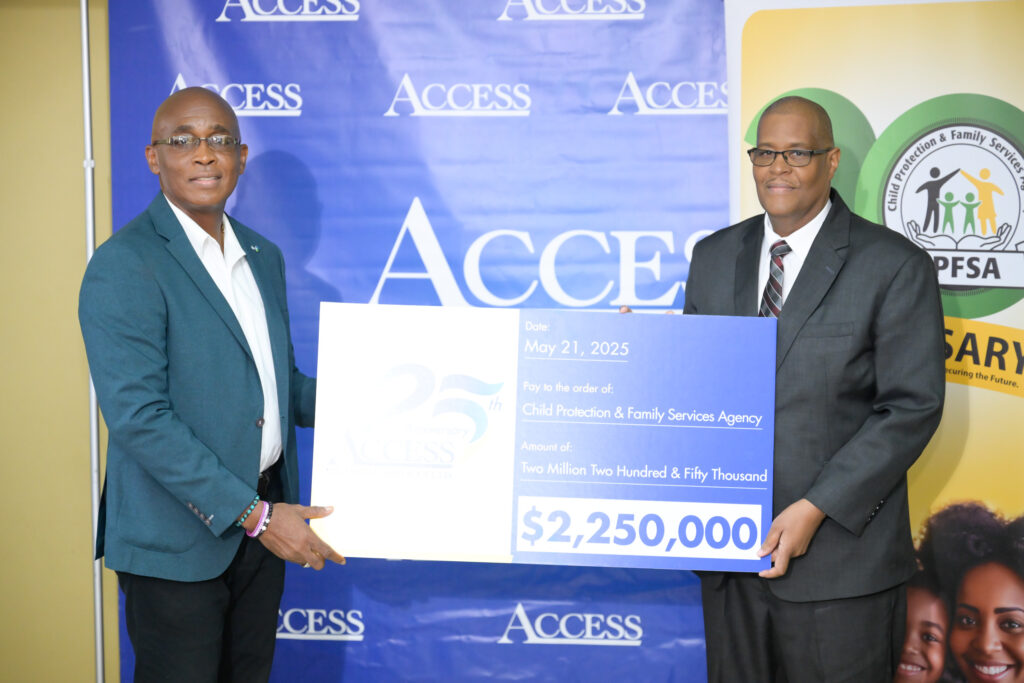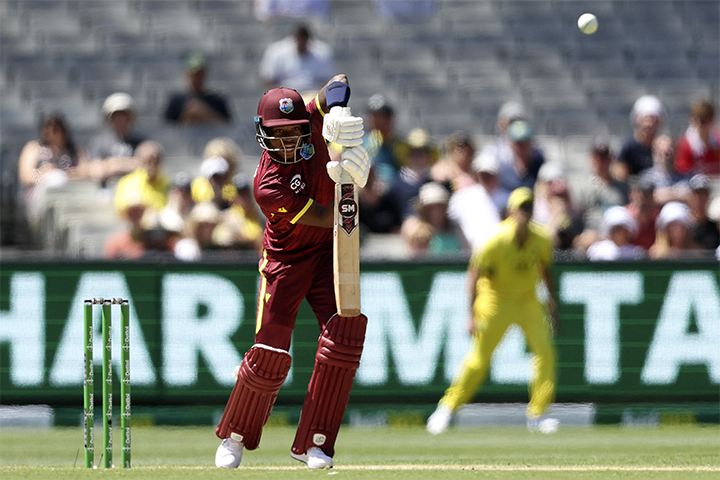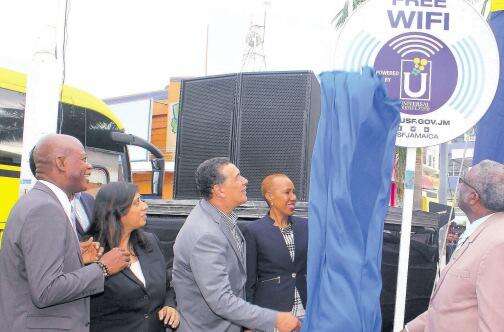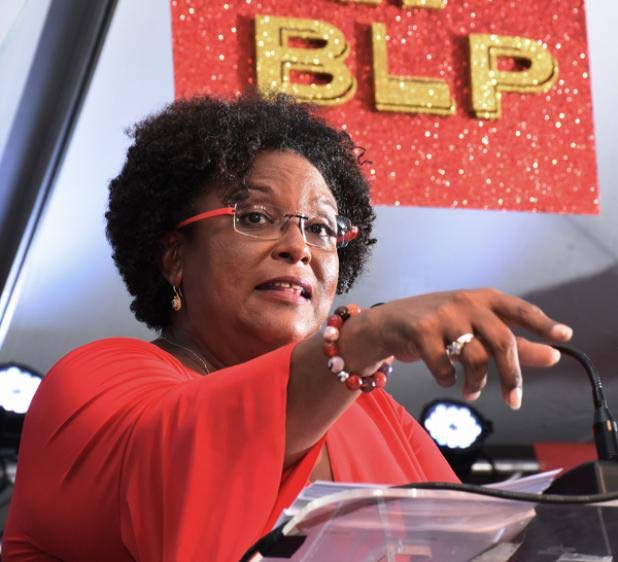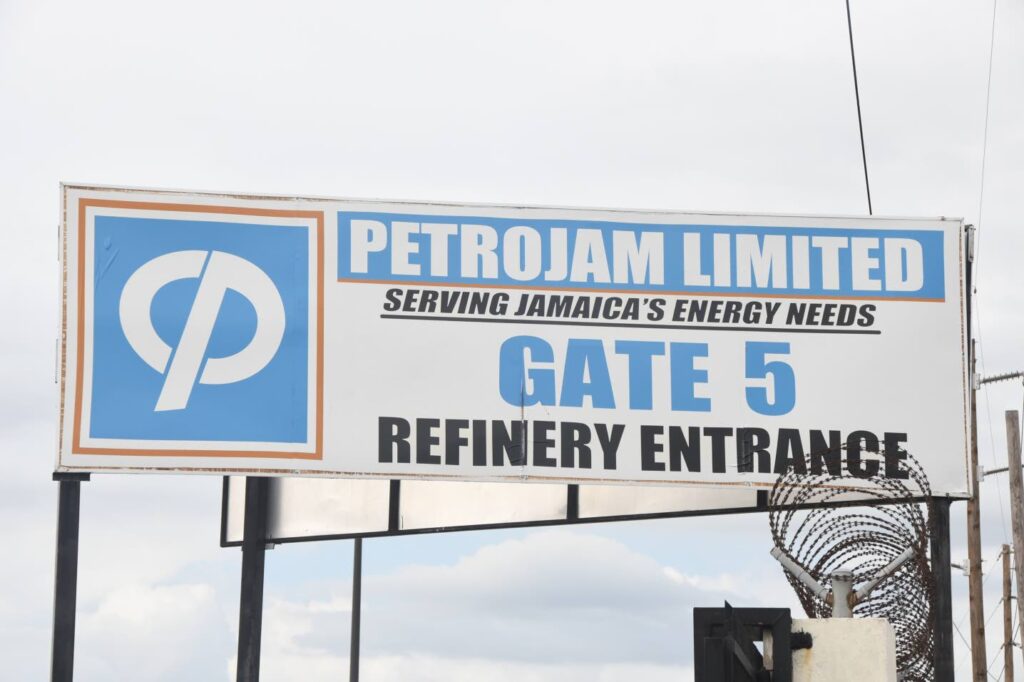Opposition spokesman Phillip Paulwell making his contribution to the 2025/26 Sectoral Debate on Tuesday
With the pending end of the Jamaica Public Service Company (JPS) licence in July 2027, Opposition Spokesman on Energy, Phillip Paulwell, is again urging the Government to use the occasion as “leverage to secure concessions from JPS so that meaningful changes could start immediately”.
“I mentioned that one area that the government could pursue right away was to convince JPS to allow operators/developers in special economic zones to generate and distribute electricity. But, true to form, my advice was ignored,” Paulwell lamented.
He was speaking during his contribution to the 2025/26 Sectoral Debate at Gordon House last Tuesday.
Paulwell, reminded that he was told by the Government during the sitting of the Parliament’s Standing Finance Committee in February this year that it would be receiving assistance from the World Bank as it negotiates a new licence with JPS.
On Tuesday, the former energy minister expressed his disappointment that the World Bank did not consult with the Opposition.
“I would have expected the World Bank to consult with the Opposition early—especially in an election year. But, as usual, the Minister [Daryl Vaz] promises “next time when the team returns to Jamaica,” he said.
“We are now in May, and the government is still only in the preliminary stages of consultation. I repeat this consultation should have started two years ago and completed by now. I am also very concerned that the Energy Council—established in 2012 to address issues just like this—has not been convened to provide guidance,” said Paulwell.
Continuing, he said, “Let me be clear, the negotiations for a new JPSCo licence is fundamental to our future, and especially crucial to the twin issues of cost of living and lack of growth. The situation is nothing like it was in 2001 when the licence was first granted. But now, just as the previous administration was bold and visionary in negotiating better terms with Cable and Wireless in 2000, we too must be bold now”.
He told the House that if the World Bank had consulted with him, he would have suggested the following areas for reform:
– The duration of any new licence must be shortened appreciably;
– Abolish the right of first refusal that is accorded to JPSCo; all future large-scale generation projects that would add capacity to the grid must proceed by way of a transparent international tender;
– Allow operators and developers in Special Economic Zones to generate and distribute electricity;
– Full support for implementation of wheeling arrangements must be written in the licence;
– Provisions to facilitate a revolution in rooftop solar, with special licences to include feed-in tariff as incentives (as opposed to the current net billing licences);
– Consumer rights measures need to be enhanced such as the removal of exemption-of-liability clauses in agreement with consumers and more elaborate guarantees for service.
“Let me be clear about our intention: we are not here to destroy JPSCo! We are here to lower the price of electricity so that our people can truly progress with a lower cost of living and greater economic growth,” Paulwelkl said.
“When the economy grows, everyone benefits—including JPS and other producers. Right now, our average electricity use is shockingly low because people can’t afford to use more. In developed societies, usage is two to three times higher than it is in Jamaica,” Paulwell added.
The Opposition spokesman said when the price of electricity is reduced, JPS will benefit from increased usage.
“Also, JPS will need to focus on adding new revenue streams such as the provision of electricity for the growing electric vehicle market etc,” he said.


